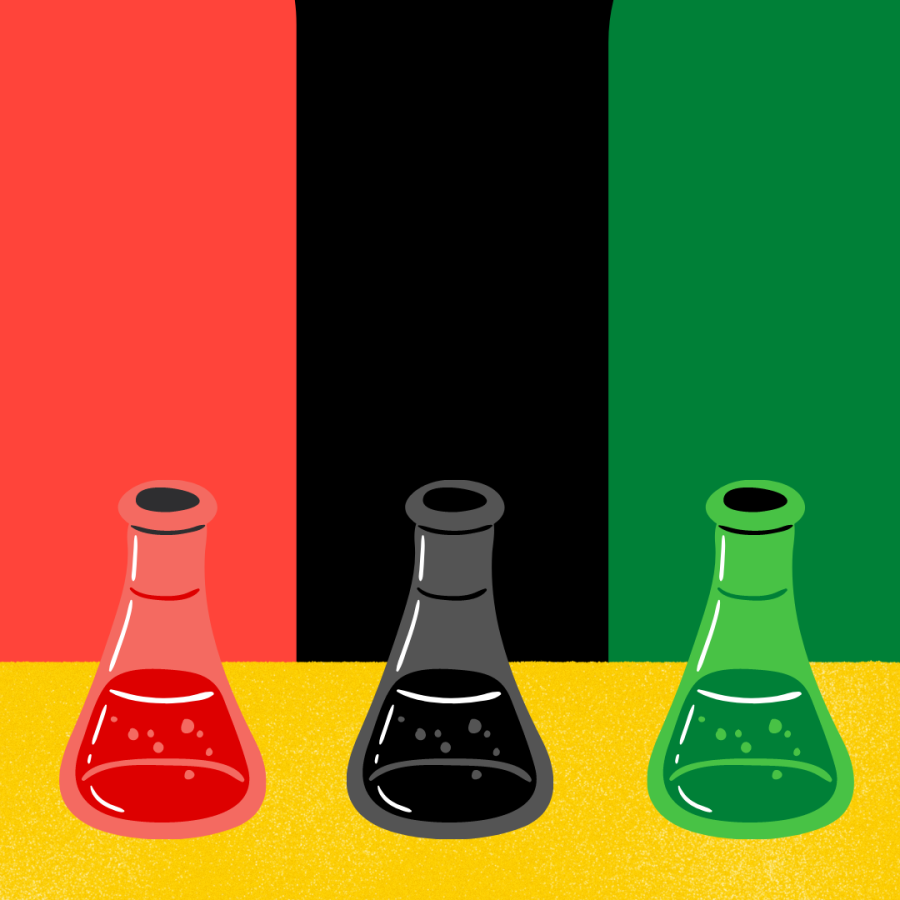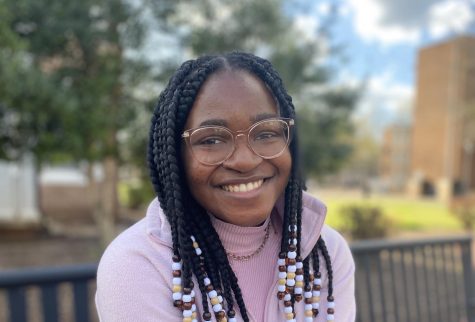Ceesay: Unsung Black American scientists have unparalleled advancements
Black Scientists have always played vital roles in history, yet their stories are often overshadowed.
March 24, 2022
For decades, people have learned about the contributions of scientists in different fields. Most are aware of the significance of the works of Alexander Graham Bell, Nikola Tesla and Thomas Edison; however, rarely — if ever — do people talk about Black scientists and their contributions to the scientific community.
Though few can name very many Black scientists, this does not mean the works of Black scientists are not remarkable in many ways. It is vital that our society learns about the plethora of Black scientists to show just how much African Americans have contributed to the world of science, in addition to how crucial many discoveries by Black scientists are to our present-day society.
Here at MSMS, many students aspire to enter scientific fields; however, this idea that Black Americans are rarely found in the field is one that still plagues our thoughts, as even here we do not often discuss the impact that Black scientists have on their respective fields. Those of us who are Black and attend MSMS feel we are one step closer to becoming Black scientists by enrolling here, yet we still do not see ourselves in the area. It is discouraging for us to never see how we fit into science-based careers, as we often feel we cannot achieve our goals of becoming scientists because of this. This is why it is also so crucial the immense contributions Black Americans have made be discussed.
Sam — The cotton gin
In 1794, slavemaster Eli Whitney patented his invention, the modernized cotton gin. While Whitney is typically the only person credited for the invention of the cotton gin, he did not create it. Rather, one of his slaves named Sam invented the machine, and Whitney — since slaves were considered property of their owners — took credit for the idea to patent it. As a result, one can assume Sam never received any pension for his work. This reclaiming of credit is a paradox of sorts, as the cotton gin was presumably created to reduce the labor of harvesting cotton through easing the process of removing seeds from the crop; however, its popularity led to a rise in the demand for slaves, as it led to larger amounts of cotton being able to be harvested. Once the machine was seen as lucrative, it was patented by Whitney and drastically grew slavery’s presence in the U.S.
William Jacob Knox Jr. — The Manhattan Project
William Jacob Knox Jr. was an American chemist best known for his work on the Manhattan Project during the World War II. While more notable scientists including J. Robert Oppenheimer are associated with the project, Knox held an important and extremely uncommon position for African Americans in the creation of the atomic bomb. He was the only African American supervisor during the project’s entire duration. His work led to the discovery of gaseous diffusion techniques used to separate uranium isotopes, which directly contributed to the atomic bombs used in Hiroshima and Nagasaki that brought the war to an end. Such a significant contribution to the war effort at this time would most likely not have been possible without Knox’s work and only further proves his significance in the construction of the atomic bomb.
Dr. Gladys West — The global positioning system
Dr. Gladys West is one of the handful of people who created the GPS; however, her vitality to this invention was hardly recognized until more than 40 years later. West’s contribution led to the invention of the GPS in 1973, but her contributions were not formally recognized until 2018 when she was inducted into the U.S. Air Force Hall of Fame. West is the only Black woman credited with directly contributing to the invention of the GPS; she is also the latest person to be honored for this, as her white male counterparts were honored for their work at least a decade before her.
Daniel Hale Williams — The first person to successfully perform open-heart surgery
Daniel Hale Williams was an American general surgeon who performed the first successful open-heart surgery. Williams was also credited with founding Provident Hospital in Chicago, which was the first non-segregated hospital in the U.S. Williams additionally founded an associate nursing school for African Americans in 1891. Evidently, Williams made significant contributions to the integration of African Americans to the medical field. Without his overall advancements, our medical society would not be as developed as it currently is. Additionally, his efforts allowed for African Americans to have a larger presence in the medical field.
The realm of Black scientists is one that is often overlooked; however, this does not take away from the fact we continuously contribute as much to different fields as much as any other group, even if we do not receive the level of recognition we deserve. These scientists’ work in their respective fields shows the capabilities of African Americans and how our contributions as a whole still have significant effects in the present.










